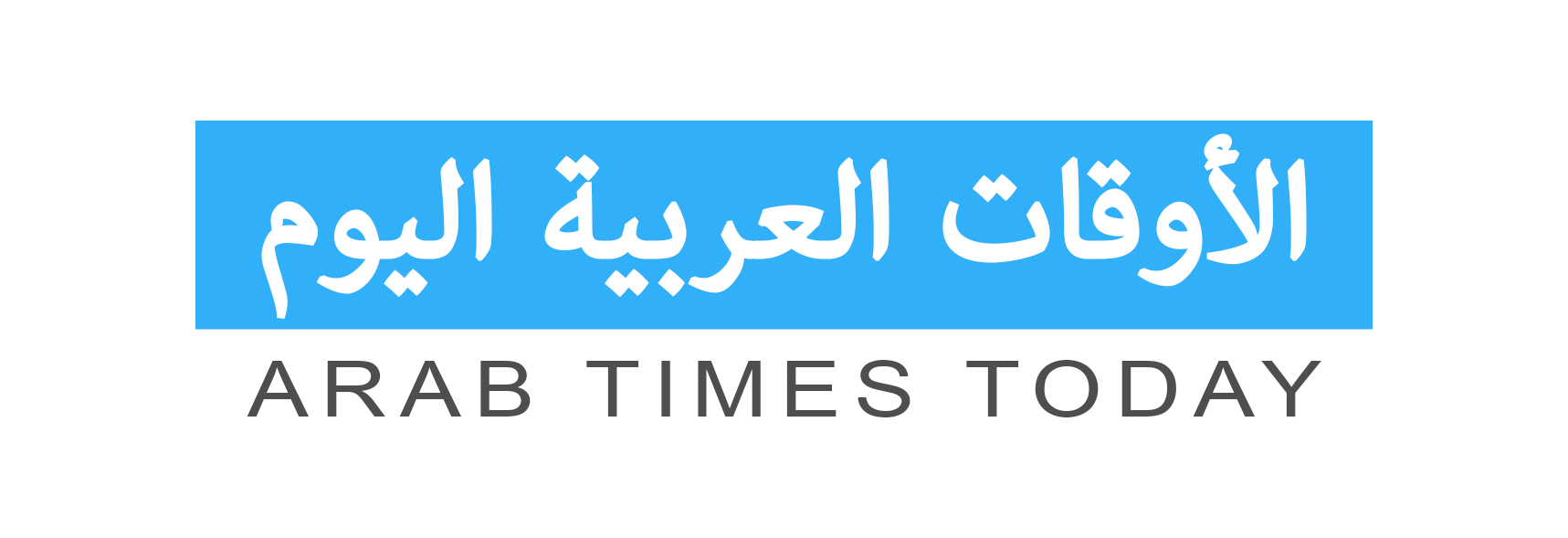Abu Dhabi’s clean energy company will also develop 500 megawatt-hours of battery storage at sites across the country.
Abu Dhabi’s clean energy company Masdar has signed a joint development agreement with Uzbekistan’s Ministry of Energy and Ministry of Investments, Industry and Trade to develop more than 2 gigawatts of solar and wind projects in the Central Asian country.
The company will also develop 500 megawatt hours of battery energy storage at multiple sites across the country, Masdar said on Friday.
The deal is part of Uzbekistan’s push to generate 25 per cent of its energy from renewables, comprising 7 gigawatts of solar and 5 gigawatts of wind capacity by the end of the decade.
“The UAE is fully committed to supporting countries to decarbonise,” said Dr Sultan Al Jaber, Cop28 President-designate, UAE Minister of Industry and Advanced Technology and chairman of Masdar.
“Uzbekistan is a key strategic partner, and we continue to work together to deliver renewable energy projects that power homes and businesses, while crucially cutting emissions. The world needs to triple global renewable energy capacity by 2030 to reach the goals set out in the Paris Agreement.”
Investment in renewable energy technology globally hit a record of $1.3 trillion last year.
However, that figure must rise to about $5 trillion annually by 2030 to meet the key Paris accord target of limiting temperature increases to 1.5°C above pre-industrial levels, Abu Dhabi-based International Renewable Energy Agency said in its World Energy Transitions Outlook 2023 preview in March.
Renewable capacity must grow from about 3,000 gigawatts currently to more than 10,000 gigawatts in 2030, an average of 1,000 gigawatts annually, it said.
“As we prepare to host Cop28 in the UAE, we believe ambitious partnerships with countries like Uzbekistan are vital in helping to meet this target,” Dr Al Jaber said.
Masdar, which nearly doubled its clean energy capacity to 20 gigawatts in two years, has been active in Uzbekistan since 2019, with the 100-megawatt Nur Navoi solar project — the nation’s first successfully financed independent solar project. The plant has been operational since 2021.
The company’s growing portfolio in the country also includes the 500-megawatt capacity Zarafshan plant, the largest wind farm in Central Asia as well as three solar projects in Jizzakh, Samarkand and Sherabad, which have a combined capacity of about 900 megawatts.
Once fully operational, the planned projects will generate enough electricity to power over one million homes, while displacing around one million tonnes of carbon dioxide annually, according to Masdar.
The new agreement “marks an exciting new chapter in Masdar and Uzbekistan’s shared journey”, said Mohamed Al Ramahi, chief executive of Masdar.
Masdar is active in more than 40 countries and has invested or committed to invest in projects worth more than $30 billion.
The company, which is jointly owned by Adnoc, Mubadala Investment Company and Abu Dhabi National Energy Company, better known as Taqa, is targeting a renewable energy capacity of at least 100 gigawatts and an annual green hydrogen production capacity of up to one million tonnes by 2030.

